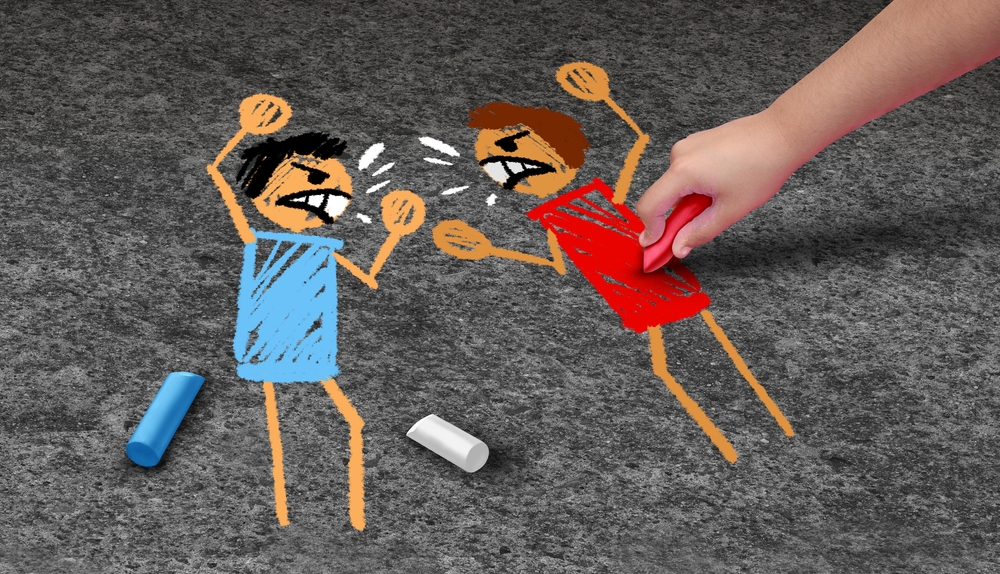In the two months leading up to the October 2 elections, Brazil saw almost two cases per day of violence with a political or electoral bias, according to a survey released this Monday by NGOs Justiça Global and Terra de Direitos.
In 2018, when President Jair Bolsonaro was elected, 46 episodes of violence against political actors were recorded (Mr. Bolsonaro himself was stabbed on the campaign trail). This year, that number has reached 247 — a 400 percent increase.
The study was based on incidents reported in the mainstream press and on social media.
Between 2016 — when the NGOs started monitoring the issue — and 2018, an episode of political violence occurred every eight days, on average. This frequency increased to one case every two days between 2019 and 2021, before reaching record levels this year.
Polarization has increased in Brazil in recent years, especially between the supporters of the two presidential candidates who will face each other in the October 30 runoff: Mr. Bolsonaro and former President Luiz Inácio Lula da Silva.
The NGOs’ survey shows, however, that the left is the main target. This year there were 52 cases of violence targeting political actors from Lula’s Workers’ Party and its allies (the Socialism and Liberty Party, the Democratic Labor Party, and the Brazilian Socialist Party). Meanwhile, there were 11 attacks against members of Mr. Bolsonaro’s party, the Liberal Party.
Another study released last week by the Federal University of the State of Rio de Janeiro (UniRio) also points towards an increase in political violence as the elections drew closer.
Using a different methodology, the UniRio study recorded 212 cases of political violence between July 1 and September 30 — a 110 percent increase on the previous quarter. The report states that the election campaign (which began in August) “was marked by an unprecedented climate of political violence, taking on tragic dimensions with the death of voters and political activists.”
Most of the cases (105) refer to threats against politicians and their relatives through social media, where users hide in anonymity. Then there are aggressions (56), attacks (26), and homicides (18).
One of the most emblematic murder cases took place in July in Foz do Iguaçu, Paraná state, when a local Workers’ Party leader was shot dead by a supporter of Mr. Bolsonaro. Other cases involving fights between supporters, but without the direct participation of political actors, were not accounted for.


 Search
Search






































